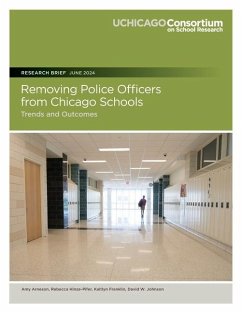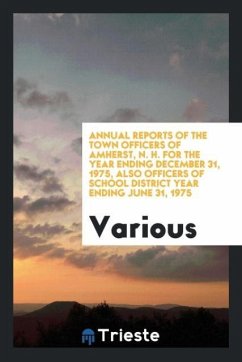National context: Schools across the United States have long grappled with the role and impact of school-based police officers, often referred to as school resource officers (SROs). Proponents for school-based policing believe that SROs contribute to school safety by preventing or addressing crime and violence in schools. Opponents of SROs in schools argue that the presence of SROs criminalizes students and increases the likelihood of school-based arrest, particularly for students of color. Policies around SROs vary in districts across the country. Chicago context: In the wake of George Floyd's murder in 2020, the Chicago Board of Education (CBOE) asked the district to develop a plan to phase-out the SRO program, which assigned two SROs to most Chicago Public Schools (CPS) high schools. In February 2024, the CBOE voted to remove all remaining SROs from schools starting in 2024-25. In May 2024, CPS proposed a Whole School Safety Policy that did not include SROs and focused on supports for physical safety, emotional safety, and relational trust in schools. The research: This brief examines what happened when Chicago Public Schools (CPS) began the process of removing School Resource Officers (SROs) from its high schools during the 2020-21 school year. These findings can inform conversations in Chicago, and across the country, about SROs and whole school safety practices and policies-while recognizing that questions about the presence of police and the experience of safety in schools are complex and reflect differences in lived experiences and perspectives across policymakers, practitioners, young people, families, and communities. The findings are part of a larger, ongoing study by researchers from the UChicago Consortium; University of Illinois, Urbana-Champaign; and Lurie Children's Hospital's Center for Childhood Resilience.
Hinweis: Dieser Artikel kann nur an eine deutsche Lieferadresse ausgeliefert werden.
Hinweis: Dieser Artikel kann nur an eine deutsche Lieferadresse ausgeliefert werden.








